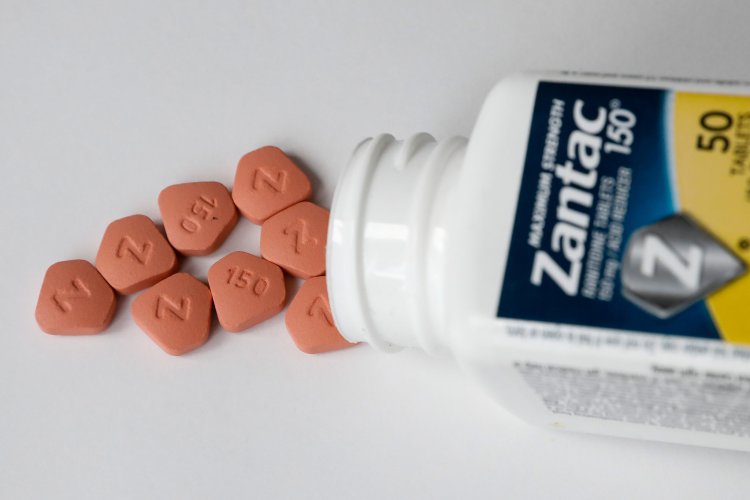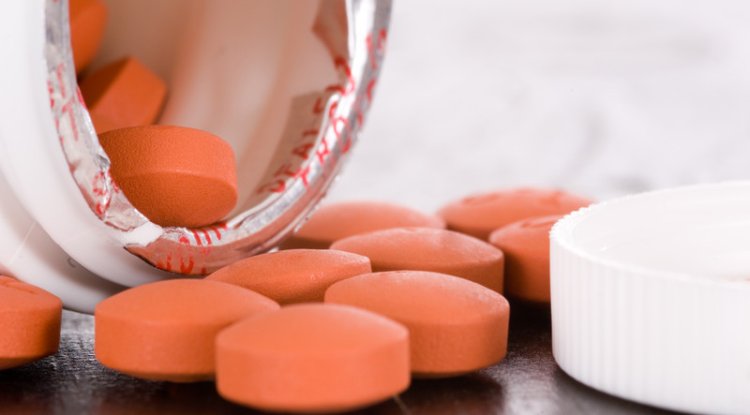Ranitidine (Zantac) Recall: What You Need to Know About the Heartburn Drug
If you or someone in your family rely on ranitidine (brand name Zantac) for heartburn relief, you’ve likely seen unsettling headlines lately. The FDA has flagged the presence of a probable human carcinogen in the drug, and several major pharmaceutical companies have started recalling their products. The story is still developing, but here’s what we know so far, why it matters, and the steps you may want to take.

What Exactly Is Happening With Ranitidine?
In September 2019, the FDA announced that it had found low levels of N-nitrosodimethylamine (NDMA) in ranitidine, a widely used heartburn medication. Soon after, Novartis (through its Sandoz division) and Apotex voluntarily recalled their ranitidine products in the United States.
The FDA’s alert was sparked by a Connecticut-based online pharmacy that detected NDMA in multiple ranitidine samples under certain testing conditions. Since then, regulators worldwide have been stepping in:
Health Canada has asked all companies to halt ranitidine distribution.
France has gone further, recalling all ranitidine products.
In the U.S., only specific generics from Novartis/Sandoz and Apotex are recalled though other versions remain on pharmacy shelves for now.
A Quick Refresher: What Is Ranitidine?

Ranitidine is part of the H2 blocker drug class, designed to reduce stomach acid production. For years, millions of Americans have used it:
Common heartburn can be avoided or treated with over-the-counter (OTC) ranitidine.
Ranitidine on prescription: Usually stronger, it is used to treat chronic acid reflux disorders and stomach or intestinal ulcers.
Although generic versions are also widely available, Sanofi promoted it for decades under the brand name Zantac.
What Is NDMA and Why Is It a Concern?
NDMA (N-nitrosodimethylamine) isn’t some exotic lab creation. It’s actually an environmental contaminant that shows up in everyday life—in water, vegetables, dairy, and even grilled meats. In small amounts, NDMA is unavoidable and generally considered harmless.
The concern comes with long-term exposure at higher levels. Based on animal studies, NDMA is classified as a probable carcinogen. Human studies are more limited, but the risk has been taken seriously enough to prompt recalls of blood pressure medications in 2018 and now ranitidine.
It’s important to note: there is no evidence that NDMA in ranitidine has caused immediate harm. So far, no reports of related adverse events have been filed with the FDA or the companies involved.
How Should You Respond to Ranitidine Use?

The FDA is not recommending that everyone stop using ranitidine right away, which is good news. Instead, they recommend talking with your doctor or pharmacist before making any changes.
Some practical steps:
Review your need for ranitidine. For many people, it’s meant for short-term use anyway. If you’ve been on it longer, check with your doctor about whether it’s still necessary.
Consider alternatives. Other H2 blockers (like famotidine/Pepcid) and other classes of heartburn medication haven’t been implicated in this NDMA issue.
Try lifestyle changes. Simple changes like eating smaller meals, limiting alcohol intake, and avoiding hot or fatty foods can occasionally help prevent heartburn without the need for medication.
Antacids are a temporary solution. If you are awaiting a longer-term alternative, over-the-counter antacids can help relieve sporadic discomfort.
The Bottom Line
The ranitidine story is still unfolding, and regulators are racing to gather clearer data. For now, what we know is this: there’s no cause for panic, but there is cause for attention.
If you take ranitidine regularly, use this as an opportunity to check in with your healthcare provider about whether you should transition to another option. Recall that there are other options for treating heartburn besides using medication. There are several safe strategies to avoid discomfort (and anxiety), ranging from dietary changes to complementary therapies.
What's Your Reaction?




















